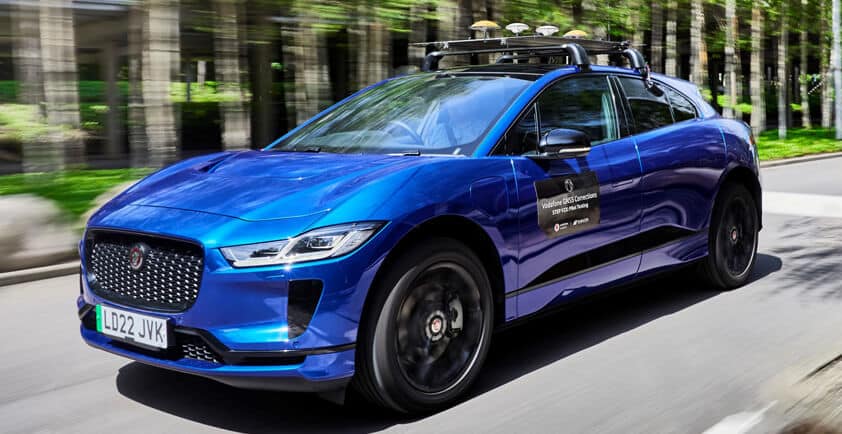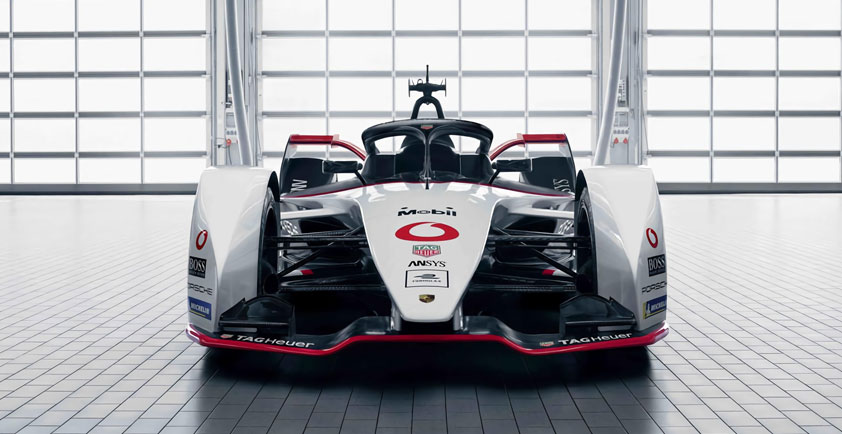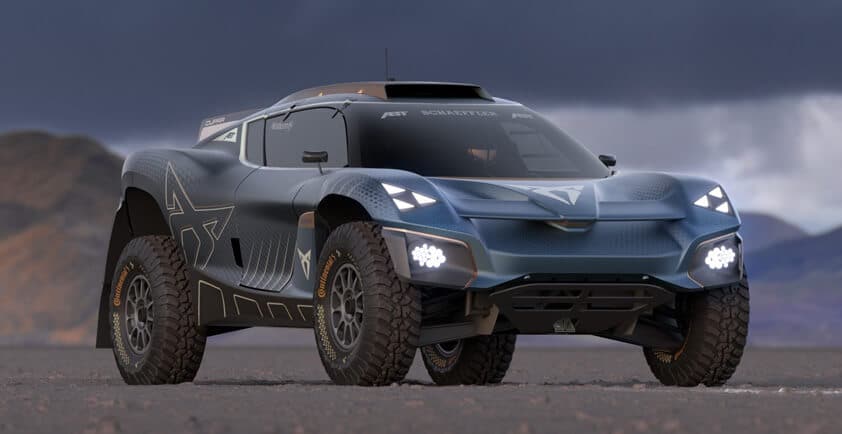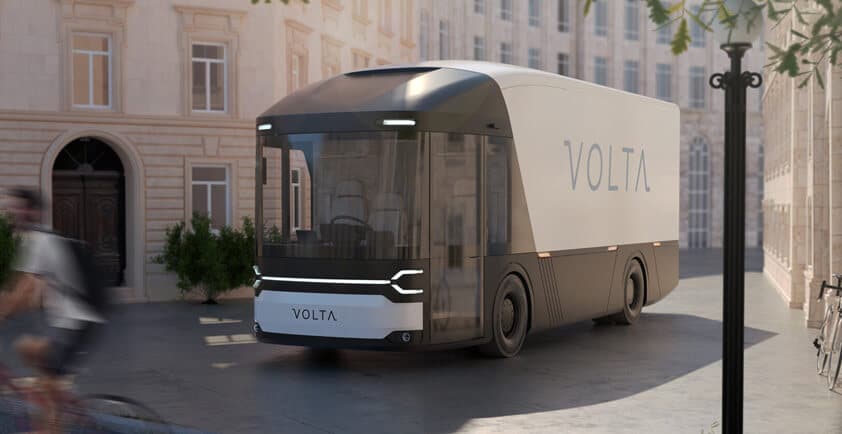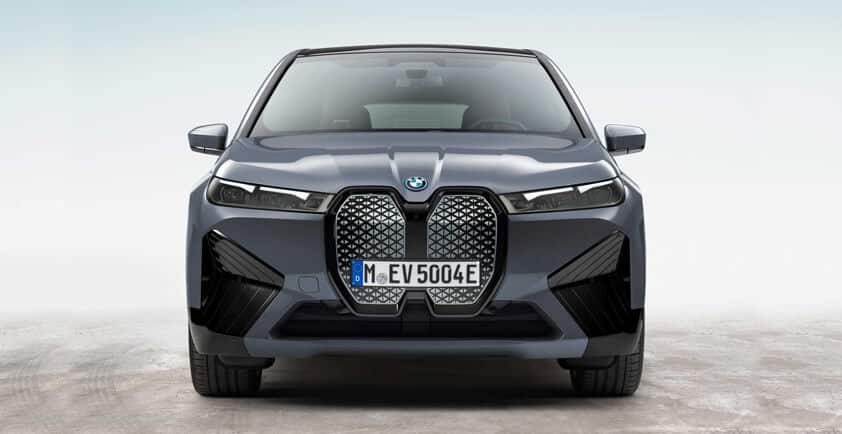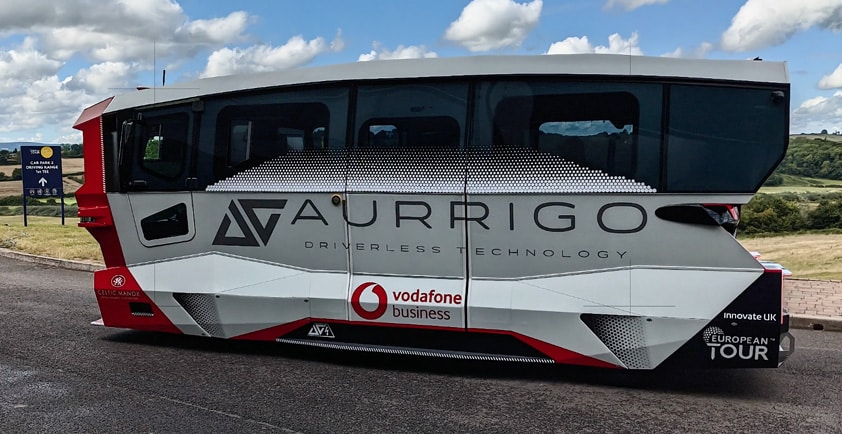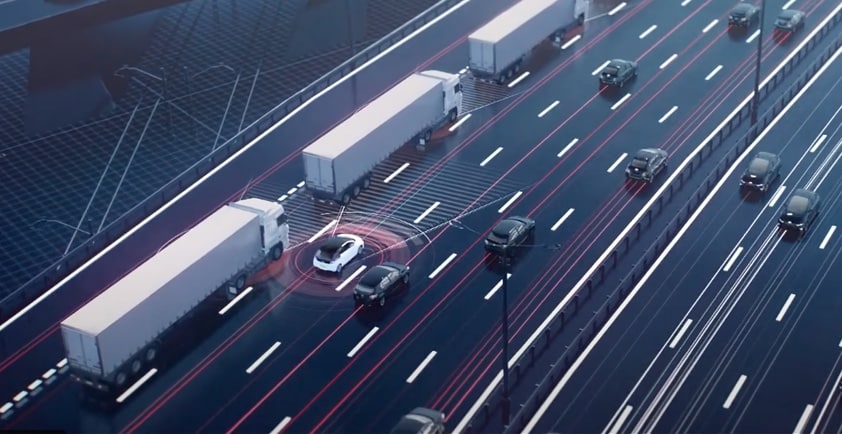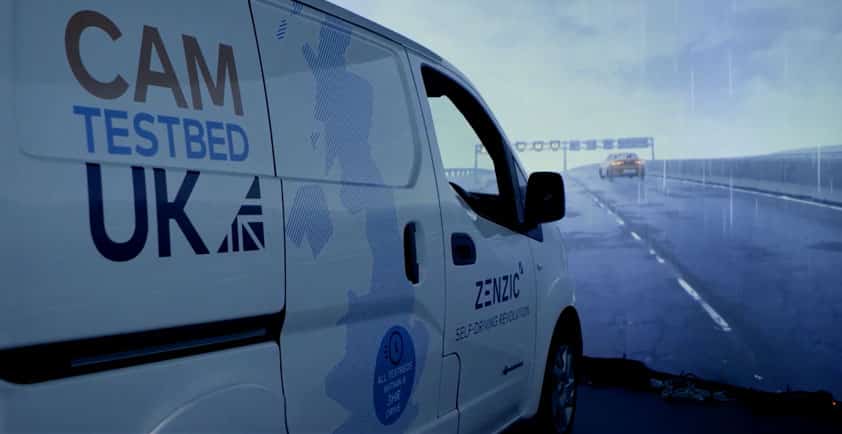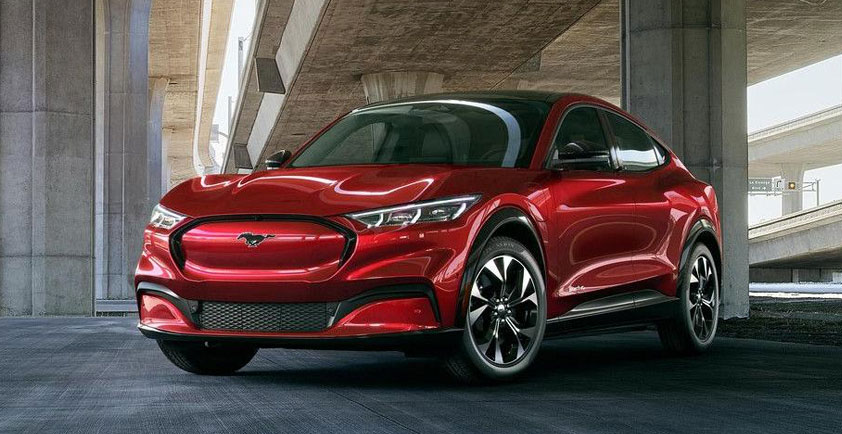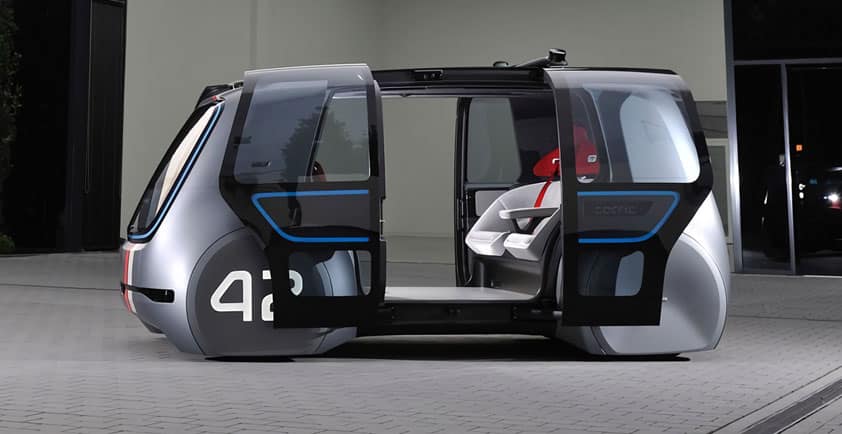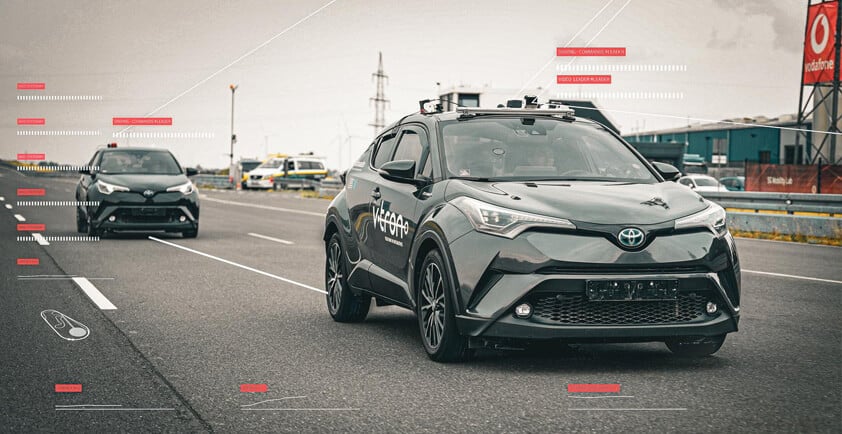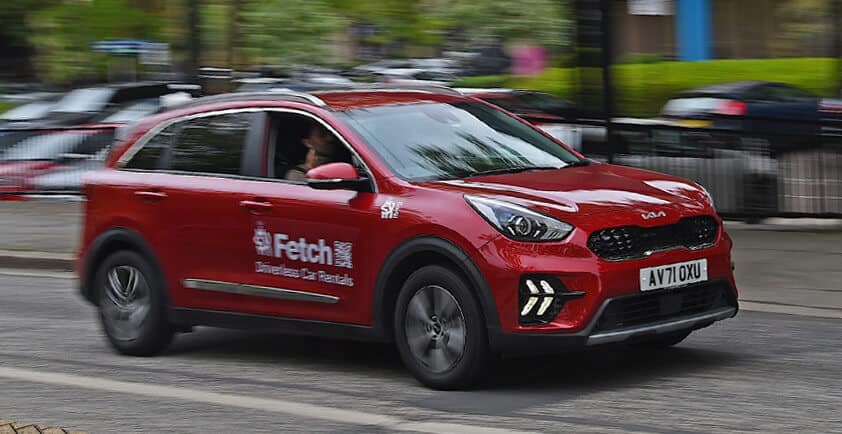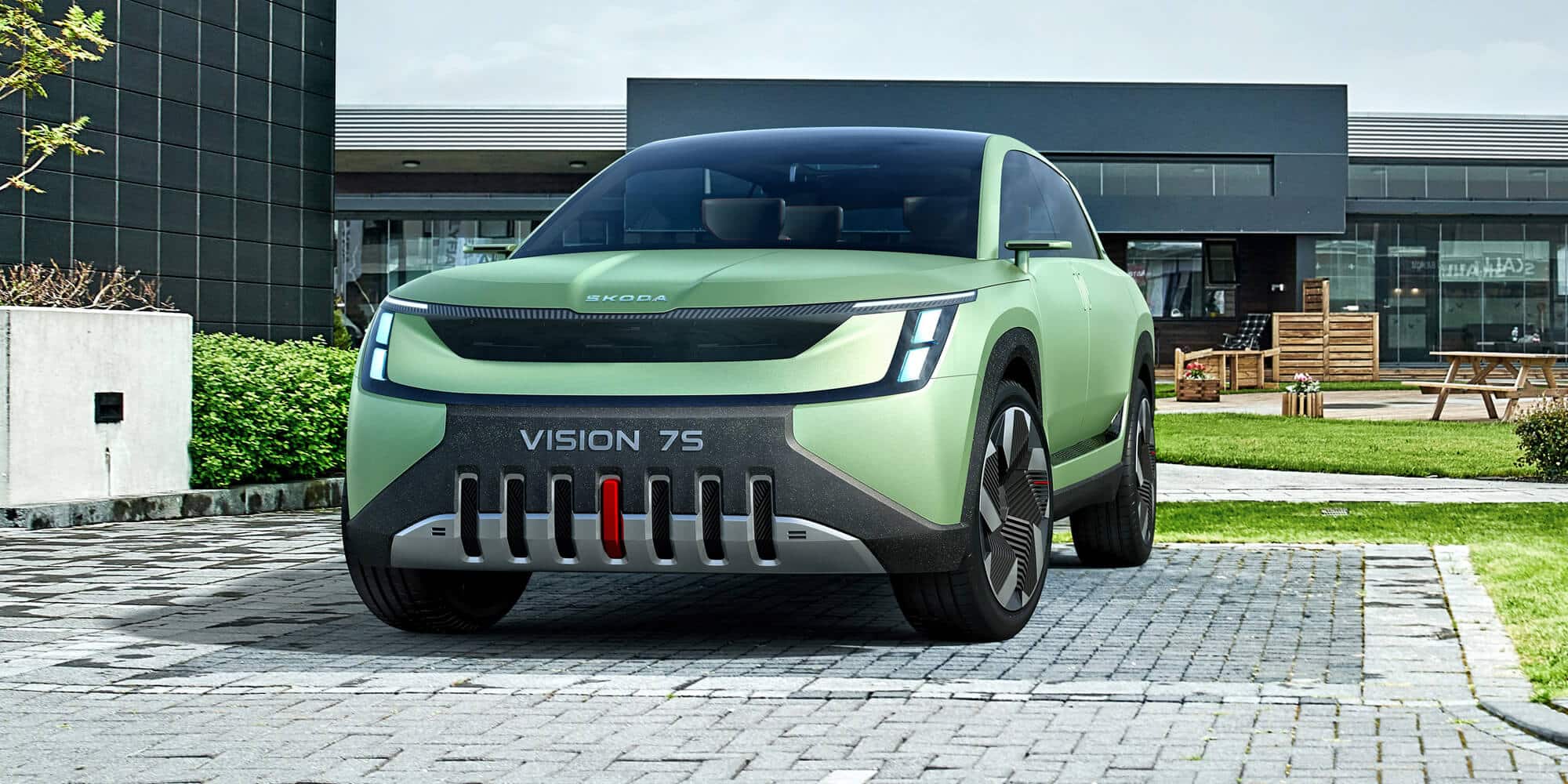
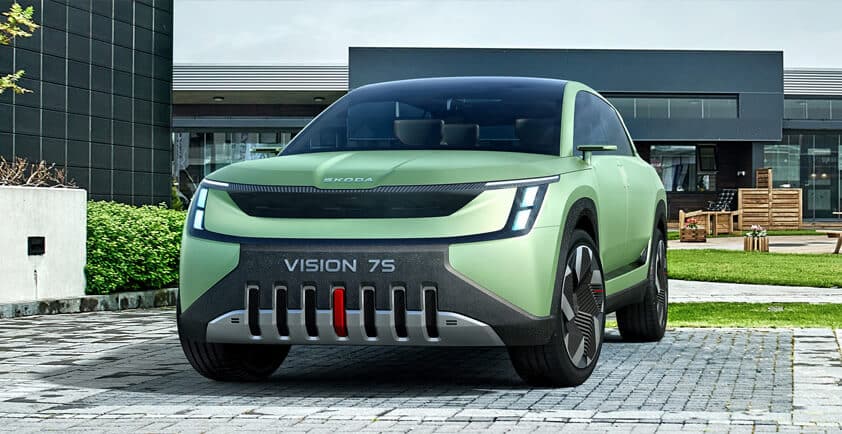
ŠKODA AUTO’S 5G FACTORY: HOW A MOBILE PRIVATE NETWORK IS HELPING DELIVER AN AUTOMATED FUTURE
Robots and sensors are nothing new to the automotive industry. Ahead of other sectors when it comes to digital adoption, manufacturers are leading the way and ŠKODA AUTO is no exception.
Established 125 years ago, founders Václav Laurin and Václav Klement started out making bicycles, before entering into motorcycle production and then eventually car manufacturing in the 1900s.
Today, the company is still driven by that same pioneering spirit, using cutting-edge technologies to experiment and innovate. Working together, we’re exploring how 5G can improve its processes on the factory floor – both in terms of production and logistics.
Automating the factory floor
The ŠKODA AUTO car plant in Mladá Boleslav is one of the largest production plants in the Czech Republic.
As the location of the company’s headquarters, the factory plays a central role in the car manufacturer’s production strategy, acting as a hive of technical development. That is why it has been chosen to trial 5G and to see how this next-generation mobile network can make everyday operations across the business more efficient and flexible.
Using a mobile private network (MPN), running on 5G, ŠKODA AUTO will be able to do things like automate car parking.
Currently they need drivers on site to move the manufactured cars to the parking lot. Using our MPN, they will be able to do this without driver intervention using only automatically controlled trolleys.


Integrated into the existing network infrastructure of the factory, this technology will allow robots, machines and sensors to communicate across the factory floor but it also offers enormous potential for future innovations such as predictive maintenance and optical inspections during body construction.
For example, 5G is able to facilitate remote support between maintenance and technical experts across different continents thanks to its low latency, faster flow of data and robust connection. Creating a real-time digital twin, teams will be able to communicate using 3D objects in augmented reality – something we’ve been exploring with the teams at Ford.
In addition, ŠKODA AUTO plans to use the technology for automatically uploading new software and setup information for car production. This will speed up the process and minimise machine downtime.
Creating an intelligent, thinking business
Building a smart factory of the future isn’t just about improving operations. It is about future-proofing the business and helping it maximise the use of data to stay agile and competitive in the world of tomorrow.
I believe, in this increasingly digital world, it is the degree of digitalisation that dictates how successful a company is and will be. That is because technologies such as 5G, the Internet of Things, AI, the Cloud and Edge Computing can unlock the value of data, helping businesses act upon the insights.
As a manufacturer, if your devices, sensors and machines can communicate and think for themselves, identifying hazards and leveraging opportunities before they materialise, you can create smarter workflows and better experiences for customers and staff.
